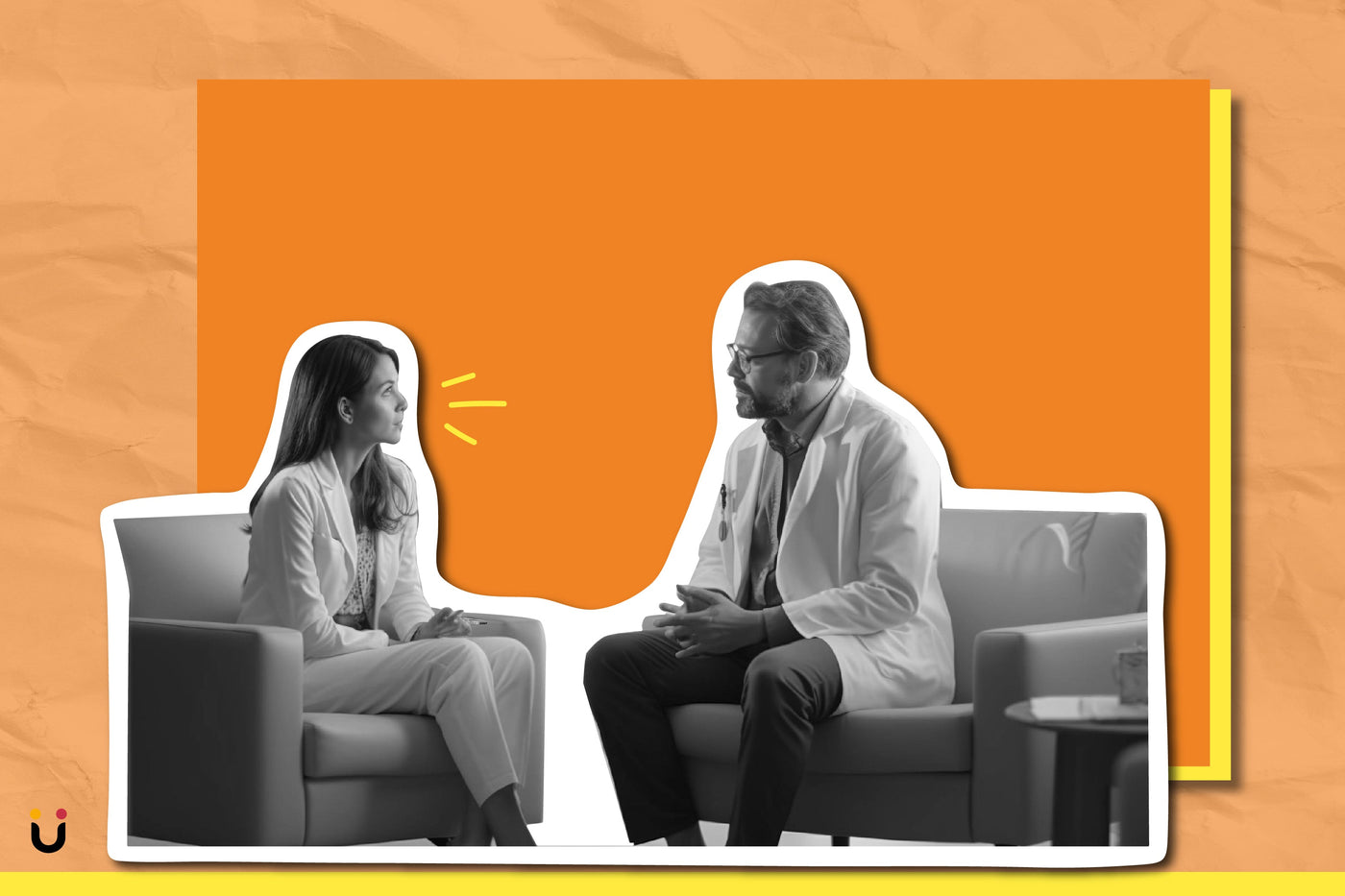When you decide to start therapy, what do you usually expect?
A wise person who (somehow) has the answers all to the questions in your mind? Someone who would just tell you what is wrong with you (and in turn, your life)? Wise, catchy phrases that would perhaps flip your perspective? A person who would add clarity to your thinking?
‘Why do you think people come to us, anyway?’
This was a question my then-mentor constantly asked us as we were finding our footing as new therapists. Most of our answers echoed the questions above.
My perspective (and the perspective of most therapists I know) changed a few years into therapy. In my introduction calls with clients these days, I find myself emphasising that I am not going to help them find a solution or suggest what they should do - those are not my decisions to make, and it is usually what friends and family do. Instead, I tell them that I would create a safe space to talk about the things that are important to them, offer a reflection on their feelings, and tease out patterns.
In easy speak, think of it as a kinder version of the magic mirror that Snow White’s stepmother so often used. No, I won't be telling you that you are the fairest of them all, but yes, I am more likely to reflect to you, through the power of reflective listening the uncertainty that you feel when you ask this question.
It’s no easy feat. I tend to brace myself for clients not wanting to work with me because of that. However, more often than not this is exactly what a lot of people are looking for in therapy.
I used to be surprised about how people needed help understanding (and maybe, even minimised) what a listening space brought. It seems very simple to cause any difference, yes, and how is it any different from your friend listening to you? And what is the big deal about listening, anyway? How can it be so - for lack of a better word - therapeutic?
But that is mostly what we do as therapists, we listen- very intently - to you, to the story of your life, to what you are feeling in the moment, to the disappointments you have experienced, to your loss, to your pain, to your hurt, to your confusion, your self-hate, and and most importantly, we listen to your loneliness. Often times, we listen with our whole being as you reveal yourself in the therapy room. Our listening, however, is not a passive one, we show you that we understand, that we are interested, that we want to know more and we remember what you tell us even if you forget. We sit with you as you sort through your feelings, and sometimes feel with you as we try to understand. I cannot emphasis enough how much I value the power of reflective listening.
We become a repository for you, for the struggles, triumphs, and everything in between, and you learn that you are not alone, that there might be some sense to your chaos and confusion, and that you are being gently witnessed as you sort through your life. You feel seen. Not only for the shortcomings that you see in yourself and the frustrations of your life, but for the strength, the resilience, and the courage that is also very much a part of you.
It is heartening that more people are beginning to understand the effectiveness of this simple yet complex tool in the therapist’s arsenal. The power of reflective listening - and the consequent healing that comes - as we build in ourselves the courage to be witnessed and glimpse into our selves and most importantly let ourselves be seen.







